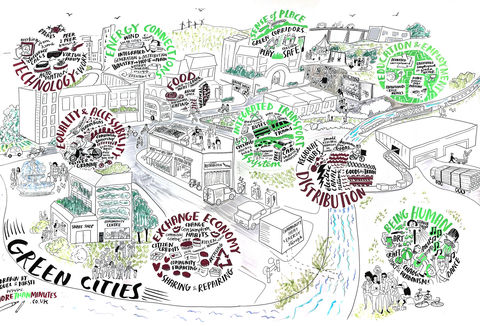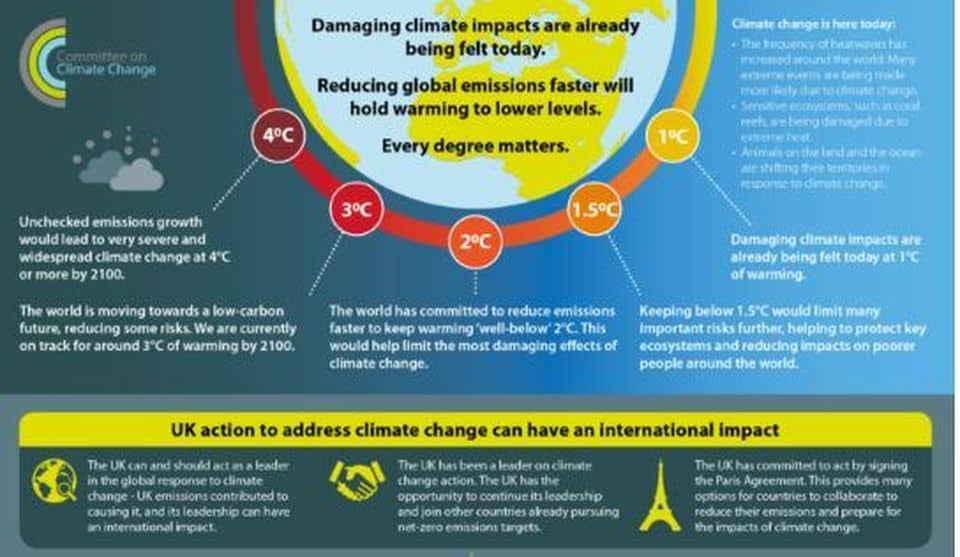Protests by Extinction Rebellion, the remarkable wisdom of Greta Thunberg and our own home-grown equally amazing David Attenborough have all placed climate change and its implications front and centre of citizens’ minds. However, much of the discussion is still about giving things up. We have a different view.
By engaging people through structures like citizens’ panels and connecting climate policy to the needs of everyone, we can demonstrate that the consequences of climate action improve lives, not diminish them. Better jobs, more money in local economies, clean air, healthier travel options, green spaces, and warm and cheap-to-heat homes – all these engage peoples’ values.
By looking at these wider benefits we can solve climate and social issues at the same time and use housing, transport, infrastructure or economic development budgets in a smarter way that delivers urgent climate action. Reducing levels of air pollution, for example will massively reduce the costs of NHS treatment and in turn free-up money to be spent on home energy efficiency improvements or sustainable green transport.

Programmes
Liveable Cities Programme
Read more
Engaging the population in this way shows them that responding to climate change makes their lives better, and in turn, this gives governments, be they local, regional or national, the agency to implement more radical carbon-cutting measures and the funds to do so.
This approach is at the heart of Ashden’s liveable cities programme. We will be launching a toolkit in June to help local and combined authorities realise that potential.
We need to re-frame climate change to show how it improves quality of life for all of us. There is no better time than now.
What Net Zero really means
By Dr Mike Pepler
Why are ‘net zero’ greenhouse gas (GHG) emissions talked about, why not just go for actual zero? The reason is that it’s impractical to reach zero completely, as there will always be some emissions, such as methane from farming and CO2 from burning wood.
Instead, net zero GHG emissions requires that we have ‘sinks’ for emissions that match the ‘sources’. These sinks could be new forests planted, changes in management of farmland to capture more biological carbon in the soil, or technology to capture CO2 from the air – though it is risky to put much faith in this final option, as it is untested and expensive.
Another important point is to be clear about what is being included in any net zero calculation. At present, the UK measures its GHG emissions on a ‘territorial’ basis, which excludes aviation, shipping and the emissions caused manufacturing products that are imported for consumption in the UK.
This discrepancy is why the UK government claims emissions have reduced by 44% since 1990, while others claim they have only fallen 10% – the latter figure includes aviation, shipping and imports. Any meaningful net zero target would need to take account of these non-territorial emissions, otherwise it’s like trying to lose weight by counting your calorie intake at breakfast and lunch, but ignoring dinner.

